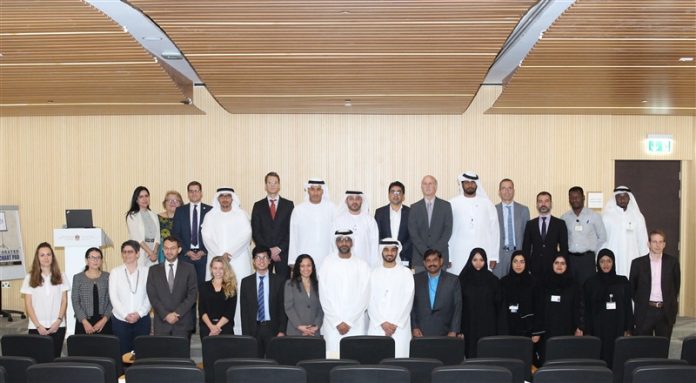United Arab Emirates assesses climate change risks and adaptation actions in energy and infrastructure sectors
- May 11, 2018
- Posted by: administrator
- Category: Environmental, Asia

The Ministry of Climate Change and Environment for the United Arab Emirates has this week held a series of workshops to assess climate risks and adaptation actions in the energy and infrastructure sectors.
The workshops were organized as part of the implementation of the National Climate Change Plan 2050, which was approved by the Cabinet in June 2017. One of the three pillars of the Climate Plan is dedicated to climate change adaptation, which aims at better preparation for and building resilience to the potential local impacts caused by global climate change.
MOCCAE is currently working with the Global Green Growth Institute (GGGI) on the assessment of climate risks to the four key sectors most important to the country’s sustainable, climate-resilient future – health, energy, infrastructure, and the environment.
Following the assessment of the health sector, the team is compiling available evidence on potential climate change impacts on the UAE’s power supply and transport and coastal infrastructure as well as existing measures and capability of authorities and stakeholders to cope with the impacts.
The collected information is preliminarily being analyzed according to an original risk assessment framework. The workshops’ aim is to inform the stakeholders of the initial results and gain insights on their understanding and readiness on climate change adaptation to refine the analysis. It also addresses priority adaptation measures and the way to plan concrete initiatives and roadmaps.
Dr. William Dougherty, President of the Climate Change Research Group based in Boston, Massachusetts, was invited to provide an overview of linkages between climate change and energy and infrastructure, review the sectoral risk assessment, and facilitate the stakeholder discussions.
In his opening remarks, Fahed Mohamed Al Hammadi, the ministry’s Acting Assistant Undersecretary for Green Development and Climate Change, noted:
“We cannot ignore the necessity and urgency to adapt to climate change as it may hamper our development efforts if we don’t prepare now.”
“A climate-resilient and sustainable future cannot be realized overnight and a concerted effort from various sectors of our society is required. We continue to strive for engaging many stakeholders in the process of developing climate change adaptation actions and subsequent implementation.”
MOCCAE will continue with the assessment of the remaining environment sector and plans to develop an action plan later this year.
